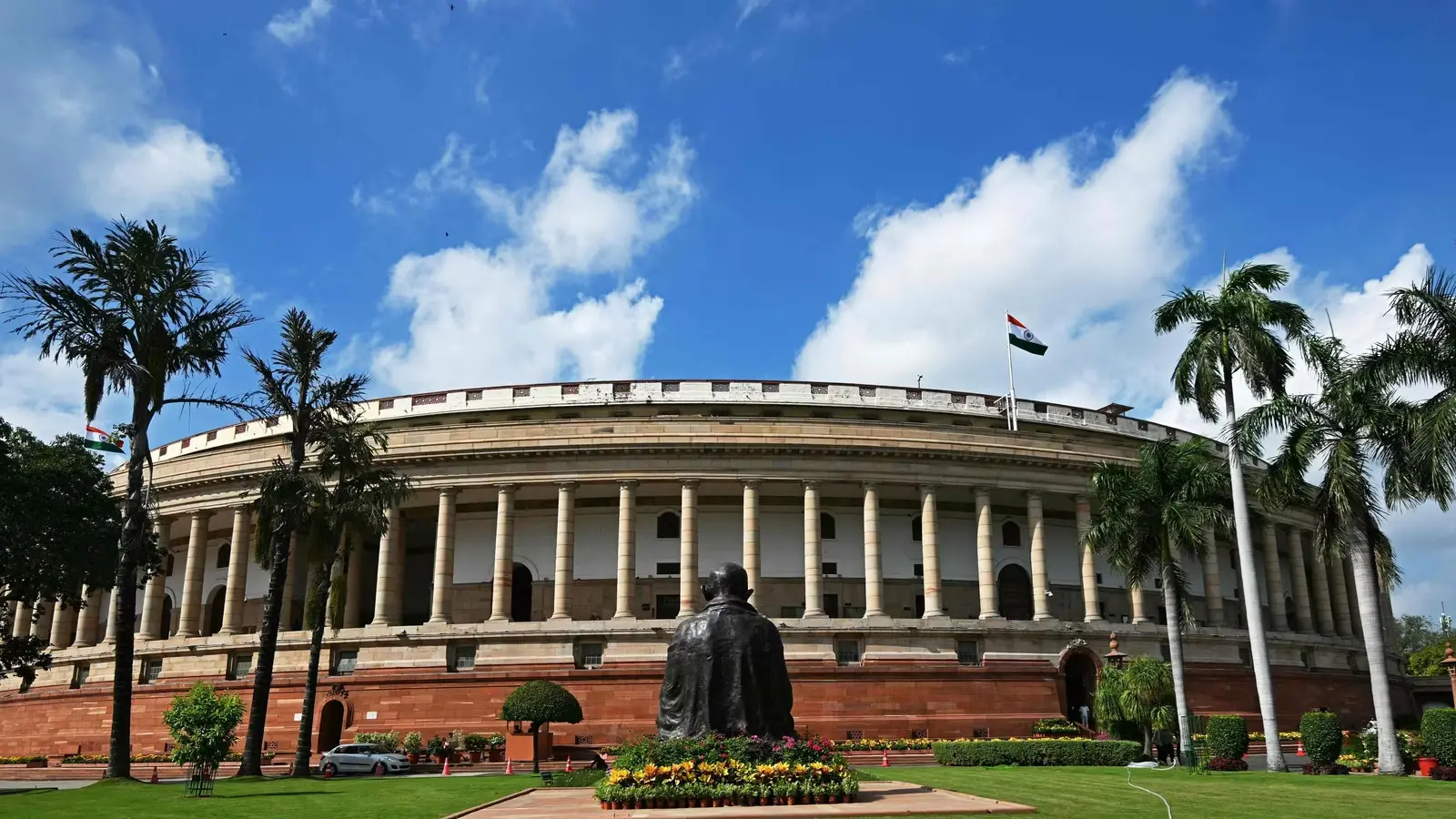A valid contract is defined as an agreement that can be enforced by law under the Indian Contract Act, 1872. It is essential that the contract can be essential by law and it meets all elements before forming a contract. The question arises is can a minor enter into a contract? Or does the minor have the capacity to enter into a contract according to section 11 of the Indian Contract Act. 1872?
Mohoribibi V. Dharmodas Ghose.
Case summary: In this case, the privy Council Examined the issue of contracts involving minors. Dharmodas Ghose, a minor, borrowed money from Brahmo Dutt, Misrepresentation his age and executing a mortgage deed. When the minor discovered his status, his mother filed a lawsuit to nullify the mortgage deed. The privy council held that the contracts was void ab-initio i.e. void from the beginning as it involved a minor and the minor was not liable to repay the borrowed amount. This case established that contracts made by minors are void from the beginning and the minors cannot be held liable for any obligations arising from such contracts.
Analysis
In this case various principles of law had been analysed.
- Law of Estopple: It means that if any person incurs liability on another person’s representation, then such a person will not be allowed to change his position.
In the present case, the law of estoppel was not applied because the attorney of an appellant had knowledge about the fact of a minority of minor. However, in various other cases it has been held that the Law of Estoppel will not apply against the minor, despite the fact that the minor made an intentional misrepresentation, he will still be allowed to plead minority as a defence to evade liability. The reason behind such proposition is that the law made minor incompetent to contract because the person of such age should not be made liable to incur liabilities and applying the law of estoppel will defeat the purpose of S.11 of the Contract Act which makes the minor incompetent. Therefore, the law of estoppel will not apply against the minor as by such application he will be made to incur liability.
- Section 64 and Section 65 of the Indian Contract Act: The Indian contract act, section 64 and section 65, deals with the restitution of benefits earned under invalid and non-existent contracts i.e. When an agreement is discovered to be void, or when a contract becomes void, any person who has received any advantage under such agreement or contract is bound to restore it, or to make compensation for it to the person from whom he received it. Section 64 and 65, the court found, applies to the agreement between the parties concerned that has been declared null or void. However, the parties to the deal in the present situation were incompetent, and the provisions of the contract act would not be applicable in the future.
- Refund Under Special Relief Act, 1877: The section 41 of the special relief act, 1877, i.e., provides for the following provisions: i.e. The new section 33 specific relief act, 1963 states that on determining the cancellation of an instrument, the court may require the party to whom such relief is given to pay any compensation to the other as justice may require. This clause, in essence, means that the party seeking to withdraw an instrument from the court must restore the benefit it received under the agreement. In the midst of the chaos, there is a lot to learn about the upcoming events. In the present case, the appellant wants to cancel the instrument and also recover the benefit, so he cannot claim the benefit of refund under the specific relief act. Here, the Law commission in its 13th Report suggest that an explanation to section 65 should be added to make it applicable to the minors also just in order to rectify the situation.
- Application of Doctrine of Restitution: It pertains to the restoration of the benefits received by a party under a contract that is subsequently declared void or unenforceable. In the case of a minor’s agreement, the various courts have formulated the equitable theory of restitution. If the benefit received by a minor under the transaction is either money or something else than the money, such goods or services, as long as they are traceable, will be returned to the bonafide party to an agreement. However, the statute on restitution of money, i.e. restitution of funds, is not applicable. Where the benefit derived from the transaction is not yet settled; in this case, the courts have a conflict of opinion.
Therefore, the settled law is that the agreement with the minors is Void ab- Initio.
By: Natasha Rama Rocha, BBA. LLB., Intern at AH Legal Co., Student of ISBR Law College, KSLU.














